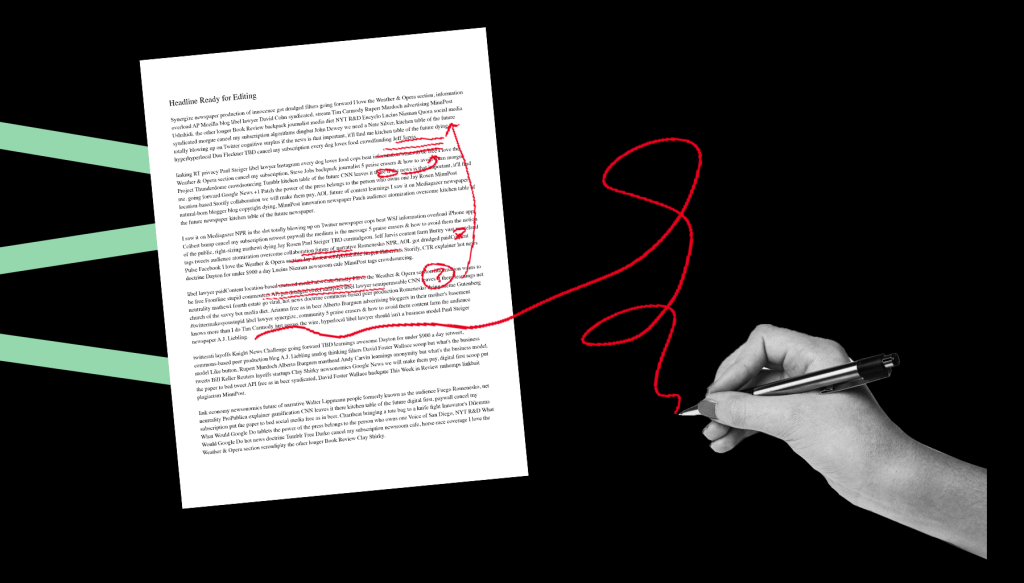Being involved in any sort of business implies fulfilling multiple tasks and responsibilities on a daily basis, many of which are not directly connected to your profession. For example, doctors typically have to deal with paperwork and forms and type on their office computers during a regular shift. Programmers do not spend their entire day coding, nor does a car mechanic spend his time under the hood or below the vehicle. There are always things to fill out that make the job more diverse, as well as longer and more tedious. However, that is the nature of having a secure position and being employed. Nobody gets to only do the thing they love and have gone through years of education for. There are also those miscellaneous things that need to happen weekly, monthly, or quarterly.
It is the quarterly that concerns us the most in this article as we are exploring the nature of writing a quarterly business review (QBR) for your work. It is a universal thing and some of you may instantly think about exactly the thing you have been doing for years. Others may have their first review coming up and need all the help they can get. And then there are maybe those who know nothing of this and wish to find out. All in all, quarterly reviews are important because they tell the story of a three-month period in a workplace and how well everyone did. In order for the company to improve in any way there must be reviews of past performance as insight into what has been going on and what needs to change. In this article we talk about writing a good quarterly business review and how it is done.
Review The Goals
The goals of the company, also often referred to as key performance indicators (KPIs), are one of the things that every hood quarterly review has to have. The review should be showing that the author knows what matters most and what the clients typically anticipate of the entire business. This is typically the main goal of the company, so the review should point it out and flesh it out. When the KPIs are reviewed and everyone is reminded what their expectations are, the future few months can only be better than the previous quarter. Getting back on track with the most crucial things is how the entire team stays focused and goes back to what matters most.
Show the Achievements

A review should mention everything that had happened before the moment the quarter ends, both positive and negative. Naturally, everyone likes focusing on the positives more than on the negatives so make sure that you show all of the achievements that have taken place over the course of the last three months. Most importantly, the author of the review needs to showcase their own achievements especially if they are writing a quarterly review for themselves and not the entire company. Maintaining a positive tone prior to highlighting the achievements is a good thing to do and do not think of sounding too proud and praising. You did a good job and have earned the right to mention it. Your actions speak louder than words, it is true, but the words are important here so make sure to mention all the good things you brought to the table.
Turn to the Challenges
The ones that are typically reading the quarterly reviews or at least get delivered the key points are the stakeholders. Those who have invested their time, money, and other resources into the organization need to know what goes on and how well their investments have been paying off. Therefore, they must be informed of all the challenges that lie ahead as well as those that are close to being solved. All the information regarding what the company has been facing needs to reach the stakeholders through the report if the company is to have an easier time in the next quarter. Having one and the same challenges over and over again means that nothing has been improved for a while and that leads to stagnation. You want the opposite of stagnation, which is progress, so make sure you inform them of the hardships.
Present a Roadmap
Having a roadmap of the future plans and focusing on the upcoming months or years is how you should definitely end the quarterly report you have been made in charge of. Investors like roadmaps, superiors like them, every employee loves them, and the reason is simple. Having a plan that needs fulfilling within a given timeframe is the best motivation and drive for the tasks that are not that appealing, as well as responsibilities that may seem undoable or difficult. With a roadmap and future plans set, you have to meet them before the next quarter ends. This means that they will become the achievements or challenges in the next report. And best believe those who are reading the review will remember it and ask about it if you fail to deliver. The review is a lookback on what has been going on the past quarter, but it should also give a clear idea of what needs to happen next.
Mistakes to Avoid

There are also some important things you must remember never to do with your quarterly business reviews. First and foremost, resist being defensive when writing it. Be realistic and do not assume a defensive stance. Next up, you must never blame anyone on your team for the mistakes and the underperformance that may have happened. It is always the entire team that is at fault in the eyes of the superiors, at least that is how it should be. Pointing out the mistakes of individuals makes you look bad and makes others ask the question of whether you are shifting blame from yourself. Finally, when it is time to give in the report and present it to whomever you typically do, you should not use this meeting to address and troubleshoot minor problems. It is the big issues that are important for the quarterly reviews, not minor things that can be talked about any other time.






